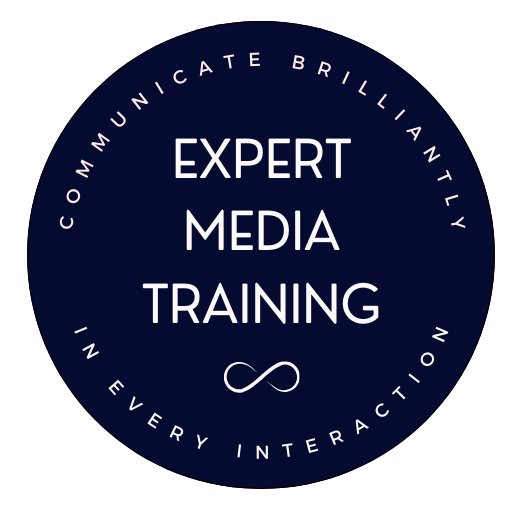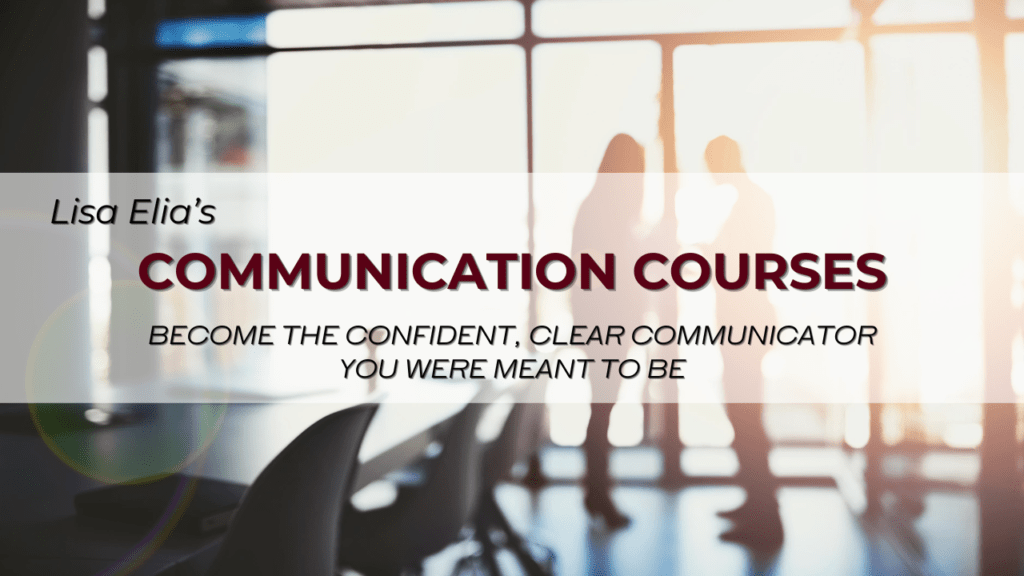For most people, becoming a great communicator is a lifelong endeavor. One of the best ways to become a better communicator is to become a better listener. To be a good listener, you must improve your ability to concentrate and refrain from hastily jumping to conclusions about what others are saying or asking of you. You must be able to concentrate fully on what another person is saying in order to retain and process the information.
The best interviewers are astute listeners and observers. They are able to pick up on the smallest bits of information and the most minute cues (both verbal and nonverbal), to lead them to the next insightful question or comment.
The best interviewees are also excellent listeners and observers. They do not just shut up and wait for their turn to talk: they allow the interviewer to complete his or her statement or question before responding. They may even give themselves a second to take in what they just heard before responding.
Even if you think you know what an interviewer is asking of you or stating, you must listen closely to be sure you are not simply responding on auto-pilot, which is a temptation, especially for people who are frequently interviewed by the media surrounding the same topics.
If you want to improve your listening skills so you can be more effective in media interviews, or in almost any area of your life, make it a priority.
Here are 10 Easy Ways to Become a Better Listener in Media Interviews and in Life:
1. Watch one minute of your favorite TV show or movie. Then, repeat the dialogue to see if you can match what was said. If you can master a line or two, try to do this with longer segments. This exercise can help you improve your ability to concentrate and your memory.
2. Watch a longer segment of a TV show or movie, and then try to sum up the meaning of what transpired. Then, watch segment again and see if you agree with your own summation or if you feel that you missed some important information or nonverbal cues. You can also think about whether or not you made inaccurate assumptions about the conversation due to snap judgments that you made. This exercise can help you assess your comprehension abilities and your level of open-mindedness.
3. In daily conversations, ask more open-ended questions than you may be used to asking, and make sure your mind does not wander while the other person is talking.
4. If you have someone who can practice with you, practice repeating what your partner has said. Use an app on your phone or an audio recorder to record what the person said and what you repeated back. Then, you can listen to both parts of the conversation to see what you missed. If you find yourself missing a lot of what is said in a conversation, try to identify where your focus was when the other person was speaking. Was your mind wandering?
5. In conversations, pay attention to your body language when you are listening. Are you doing anything that might make the person who is speaking feel rushed, such as looking at your watch, sighing heavily, or moving your feet toward the door? Could any of your body language or facial expressions indicate that you are judging or dismissing the person who is speaking? Setting up a video camera to record yourself during conversations would be beneficial, but the presence of a camera can make people behave unnaturally and to mask their typical communication behaviors.
6. Try to avoid interrupting others. There are times that you may need to interrupt in order to ask for clarification in order to keep up with what someone is saying. However, it is good to get in the habit of listening until the person who is speaking has completed his or her though.
7. If you ask a question that takes the speaker off topic, help him or her to get back on track by saying something like, “You were talking about your visit to Tokyo. Tell me more about that.”
8. Pay attention to nonverbal cues. Listening well encompasses the keen observation of the speaker’s body language, from head to toe. In phone interviews and conversations, listen for auditory cues, like lengthy pauses and tone of voice. Nonverbal cues can tell you when someone needs more clarification, wants to move on to another topic, or feels a certain way about the conversation.
9. Be empathetic. Putting yourself in the position of the person who is speaking will help you to understand his or her perspective. In the case of a media interview, if you understand that the person interviewing you is trying to do the best job possible and to give the readers, listeners or viewers the information or entertainment that they are seeking, you are more likely to deliver an exceptional interview.
10. Eliminate as many distractions as you can. Make it easy on yourself by turning your phone ringer off, closing the door to your office, or doing anything you can do to be fully present and focused on the conversation or interview that is taking place.
To download our free Media Interview Guide and other tools, click here.
To check out our online courses, click here.
For a complimentary consultation to discuss private training for yourself or your team, click here.

This post was written by Lisa Elia, a media trainer, presentation trainer, pitch coach, communication expert, and speaker. She trains clients around the world for media interviews, speeches, internal and external presentations, panels, investor presentations, and promotional videos, and provides executive and team communication coaching.
With more than 25 years of experience, Lisa has prepared clients for interviews with TODAY, GMA, The Wall Street Journal, CNN, ESPN, and hundreds of other outlets. Lisa has shared her expertise with national media outlets that include Inc., Entertainment Tonight, E!, and many others. Clients include entrepreneurs, Fortune 500 companies, and everything in between as well as athletes, celebrities, and other public figures.
If you enjoyed this article on 10 Easy Ways to Become a Better Listener in Media Interviews and in Life, here are links to some other articles you might find interesting:
Body Language Do’s and Don’ts for Interviews and Meetings
Media Training Resources – This page contains links to communication studies and videos.
Media Interview Tips for Entertainers from a Los Angeles-Based Media Trainer and PR Expert



